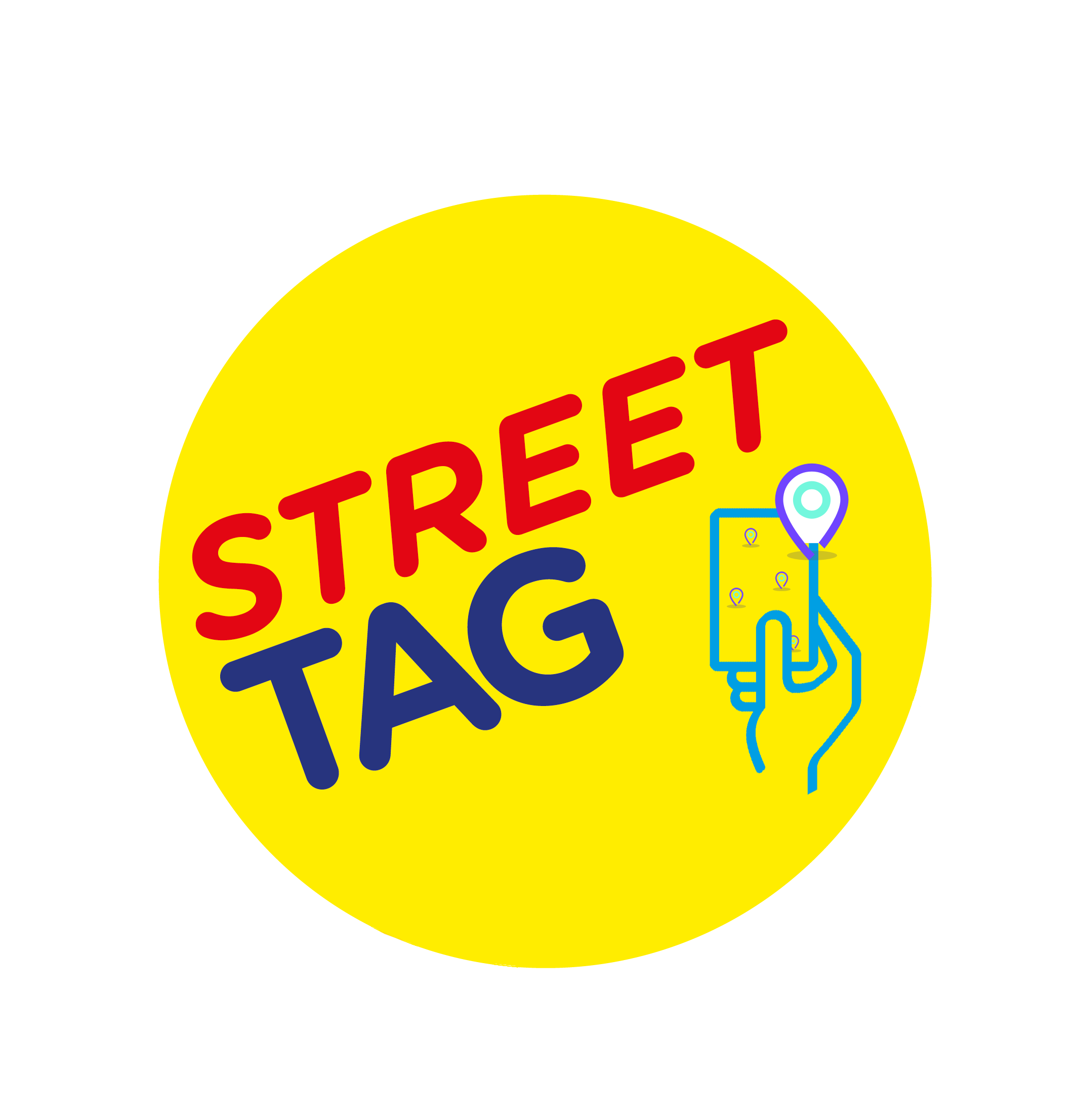The Future Of Fitness Apps
The future of fitness and a healthy lifestyle for a mass adoption will not be in tracking steps, I strongly believe its a temporary trend, that has to now reckon with its ending in sight. You might need to have owned a fitness tracker or used a fitness tracker app to fully grasp my explanation. I strongly believe they are not as effective as the general belief might be. Simply because they do not encourage the general public or the physically inactive communities that need it most to find the motivation to do more or live a more active lifestyle as a result of having a fitness tracking app or wearable. To put it simple, they mainly track the steps that the general public already do anyway. Where is the opportunity to encourage inactive people to be more active? What's the incentive for the inactive?
I believe I'm qualified to write about this from experimenting and building fitness and active lifestyle tools over the past few years. I can confirm that I have failed spectacularly at it, and triumphing at it now as a result of the early failures. Forever grateful to those that assisted in contributing to my failures, seriously life saving.
In the summer of 2017, I started working on an electronic hardware device (boxes) that were placed on lamppost in 'Mayesbrook Ward' in London Borough of Barking and Dagenham, we gave RFID (electronic) fobs to families in teams of maximum 6, these families were to use their fobs to tap on the various hardwares placed on lamppost on their streets, they earn 10 points for every tap on the boxes, which adds up to their teams position on the leaderboard. Within 24hrs of launching, with families speeding up to tap their fobs on the boxes, unfortunately the boxes were all vandalised by the next day. Two months later we relaunched with metal electronic boxes on lamppost with more security, again the families jumped on board the same day to get active, brilliant. Sadly the boxes were vandalised the same very day by early evening.
At this point I realised there was no way for this approach to be sustainable, albeit noble. We pivoted to software based mobile application, this time around we successfully ran a 6 weeks Leaderboard programme with the families in 'Mayesbrook Ward'. What did we do differently? Families used our app to scan QR codes tagged to GPS at various locations, this meant we placed branded posters (with QR codes on them) across the streets, it was still vandalised, however it was cheaper to replace unlike an expensive hardware.
We've since ran several leaderboads that have lasted 2, 3 months at a time with excellent results. During this process we've continued to make excellent progress. The current version of the app does not require families to scan QR code, instead, families earn virtual tags I. E. Once you walked, cycled or ran to be within a 40 meters radius of a tag, you will automatically earn the points assigned to the virtual tag. With our mobile app, we transforms communities into virtual playground to get inactive families to be more active.
One of the key differences between our approach compared to tracking steps on most of the fitness apps available in the app stores, is that we act as the catalyst and motivation for an individual to not just walk or cycle their normal routes, on our application, families and individuals seek new routes to explore, for example earning tags with higher reward points serves as motivation to explore new streets, some also find their additional motivation in the fact that they cannot earn the same Tag for another hour, so therefore they venture out to explore nearby streets or local parks. Families have various reasons for using Street Tag app as their choice of reaching fitness goals, below this email I have attached links to case studies.
We are however beyond just being a fitness and active lifestyle application, we are also connecting communities, neighbours and empowering our tribe (people like us are called 'taggers') to form new friendships.
We believe fitness app's should serve as a social engagement for communities and families at scale.
Now for the surprising part to me, I do not for one second belief this is 1% of what our mobile application is capable of. I genuinely mean that. Our future plans are for our investors, supporters, taggers and our team to introduce into the market.
I however want to share what I believe the future of Fitness and active lifestyle will be. It will be in Augmented Reality, nothing like Pokemon Go, it will be better with health purpose, connection driven, and appealing across generations and communities. This is truly exciting for us, when we are successful with our active fundraising round, we will be working towards this future. Street Tag will do to fitness and an active lifestyle, what YouTube has done to video content entertainment. We will democratise active lifestyle, just as YouTube has democratised content creation.
People Like Us use Street Tag to have an active lifestyle. Join us.
We are actively seeking to meet with investors that would love to be a part of what we are building. We are raising £2.5 million.
(More on how Street Tag works. Street Tag is available as a smartphone app for families to create a profile, with up to 6 (in a family team) or 500 (in a school team) players in each team. During the Street Tag experience, participants record their distance walked, ran or cycled by scanning virtual tags (average 10 points per tag) with their smartphone at various locations, watching their total distance accumulate to climb up on the community or Schools leaderboard, creating competition, being physically active, connecting with green spaces and the community, an opportunity to rediscovering their area, and earning prizes.)

